Archaeology
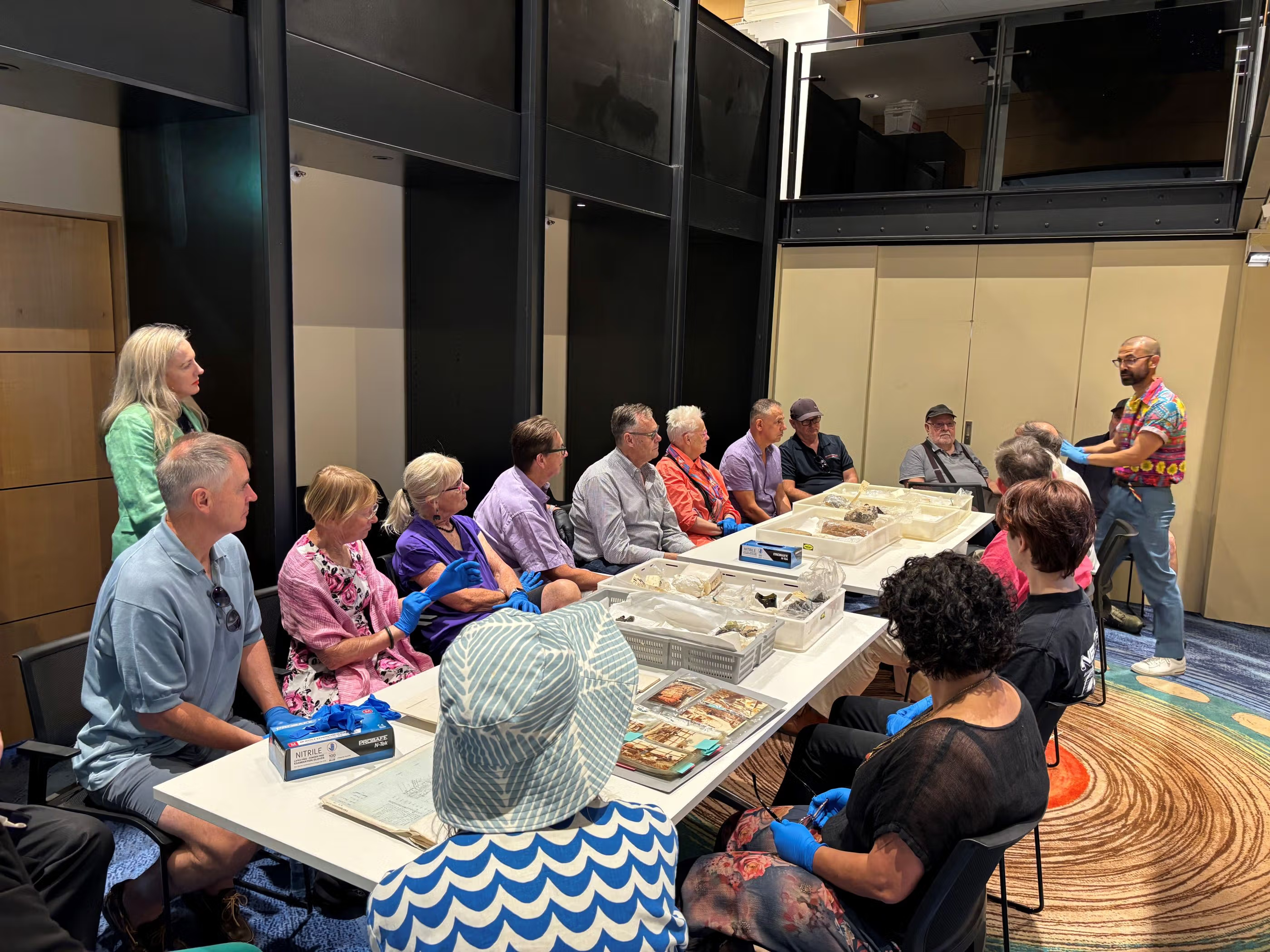
Latest News
Exploring the archaeology of the first Government House
Donors joined Dr Aaron De Souza, Research Manager at Museums of History NSW, for a fascinating bespoke talk and behind-the-scenes viewing of a selection of the more than 140,000 archaeological finds from the site of Australia’s first Government House

Excavating Australia’s first Government House
Did you know that when you walk into the Museum of Sydney, you’re walking over the remains of one of the most significant buildings in Australia’s history?
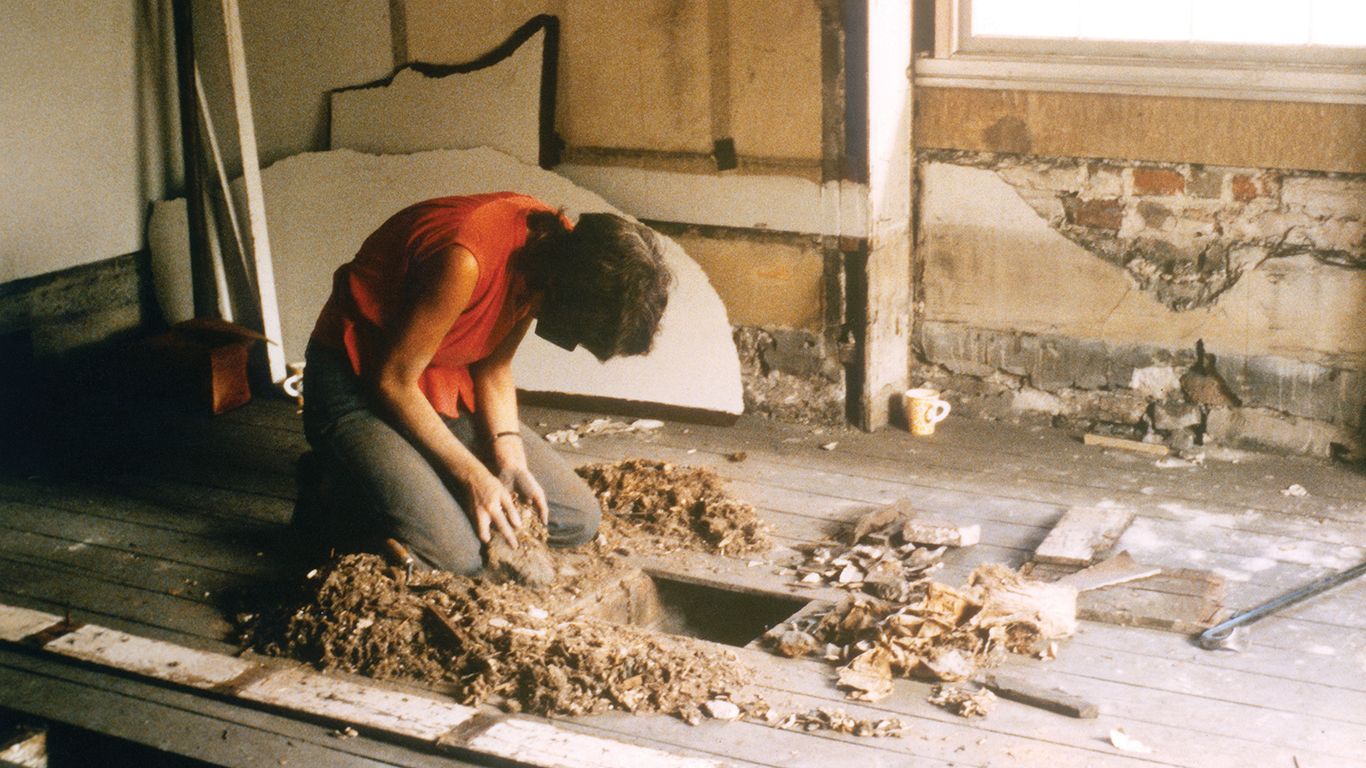
Hyde Park Barracks: a keeper of lost things
Uncover and explore some of the items found inside the barracks
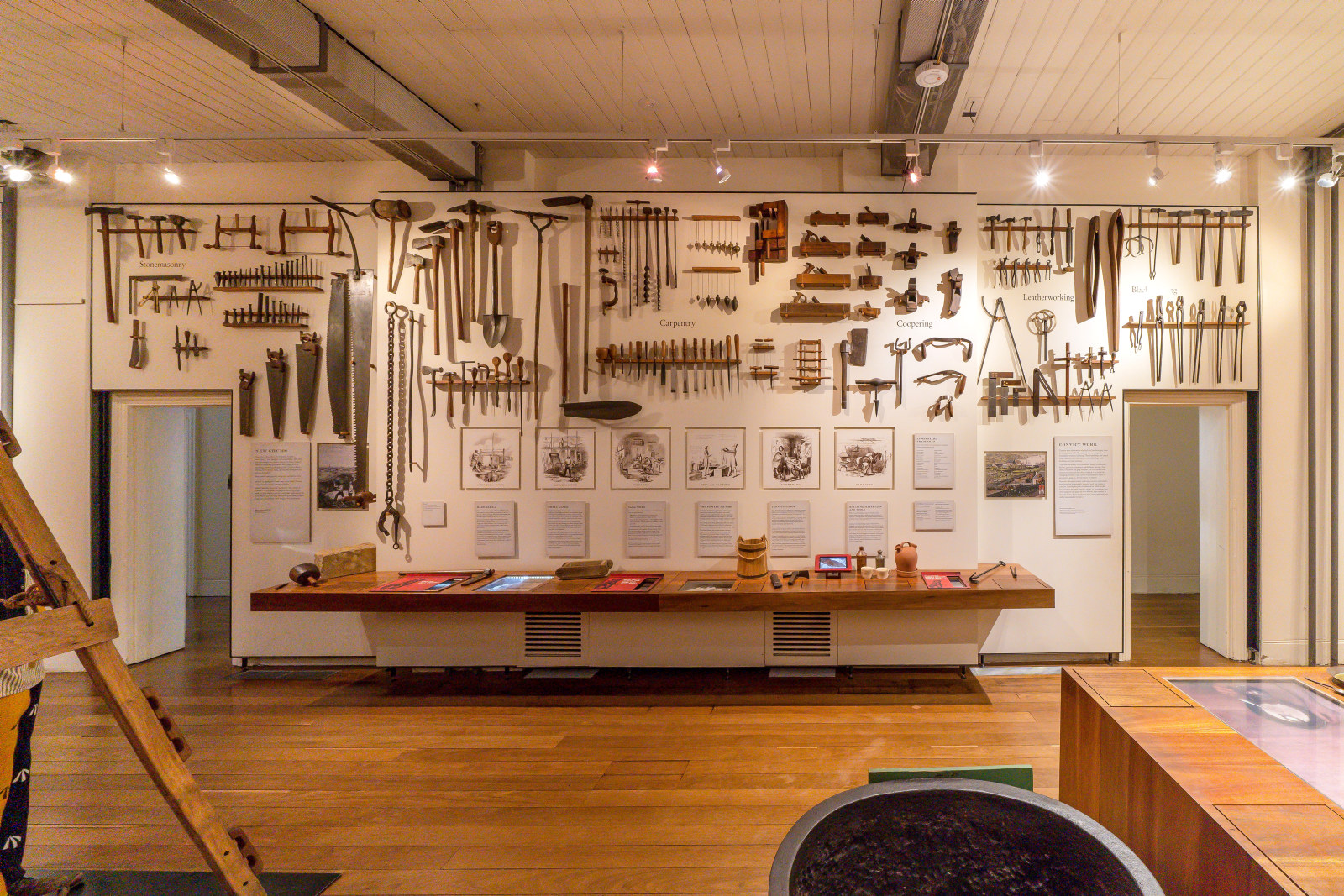
Convict Sydney
Objects
These convict-era objects and archaeological artefacts found at the Hyde Park Barracks and The Mint (Rum Hospital) are among the rarest and most personal artefacts to have survived from Australia’s early convict period
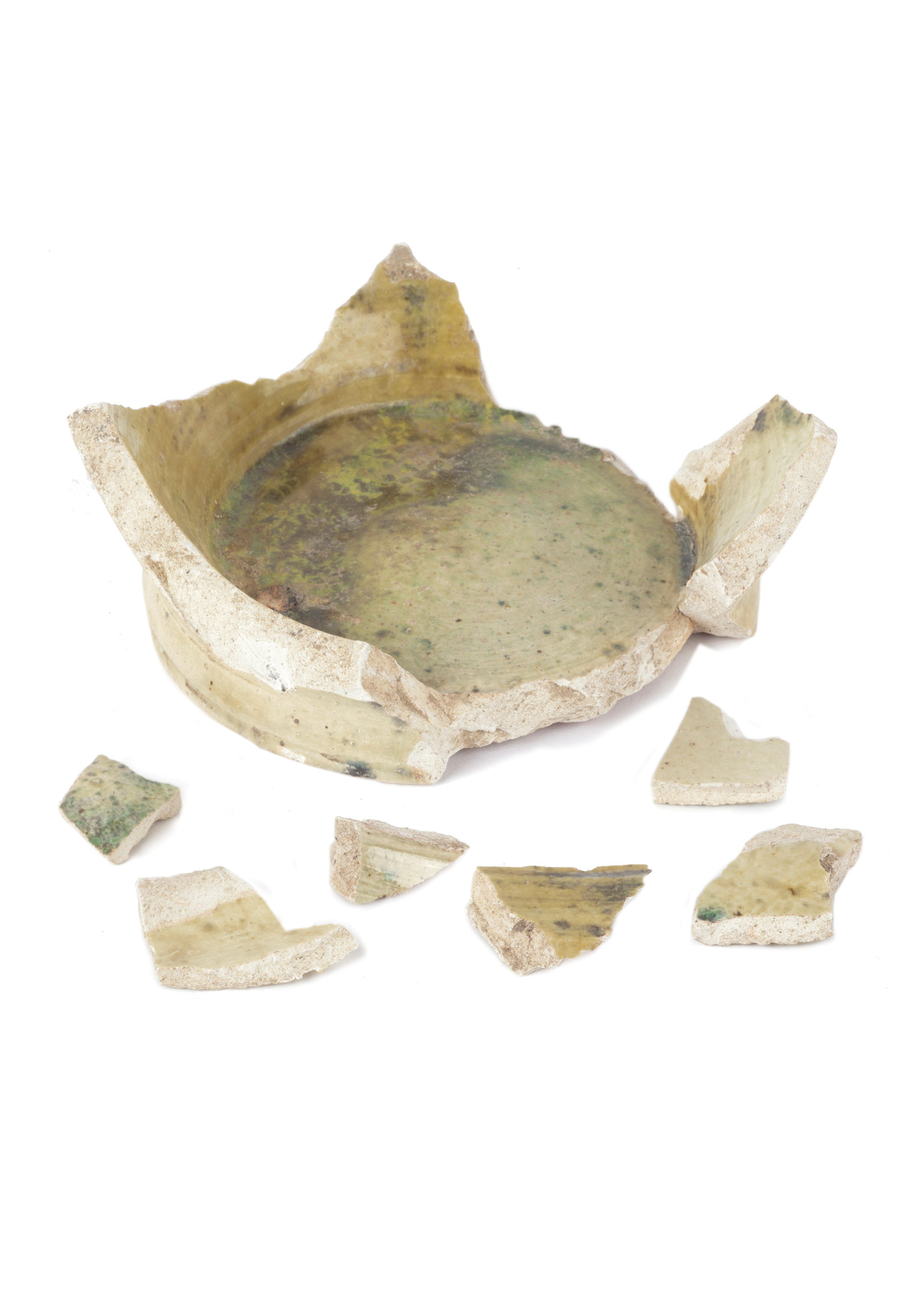
Convict Sydney
Earthenware vessel
This lead-glazed earthenware vessel probably once contained medicines or ointments for treating convict patients
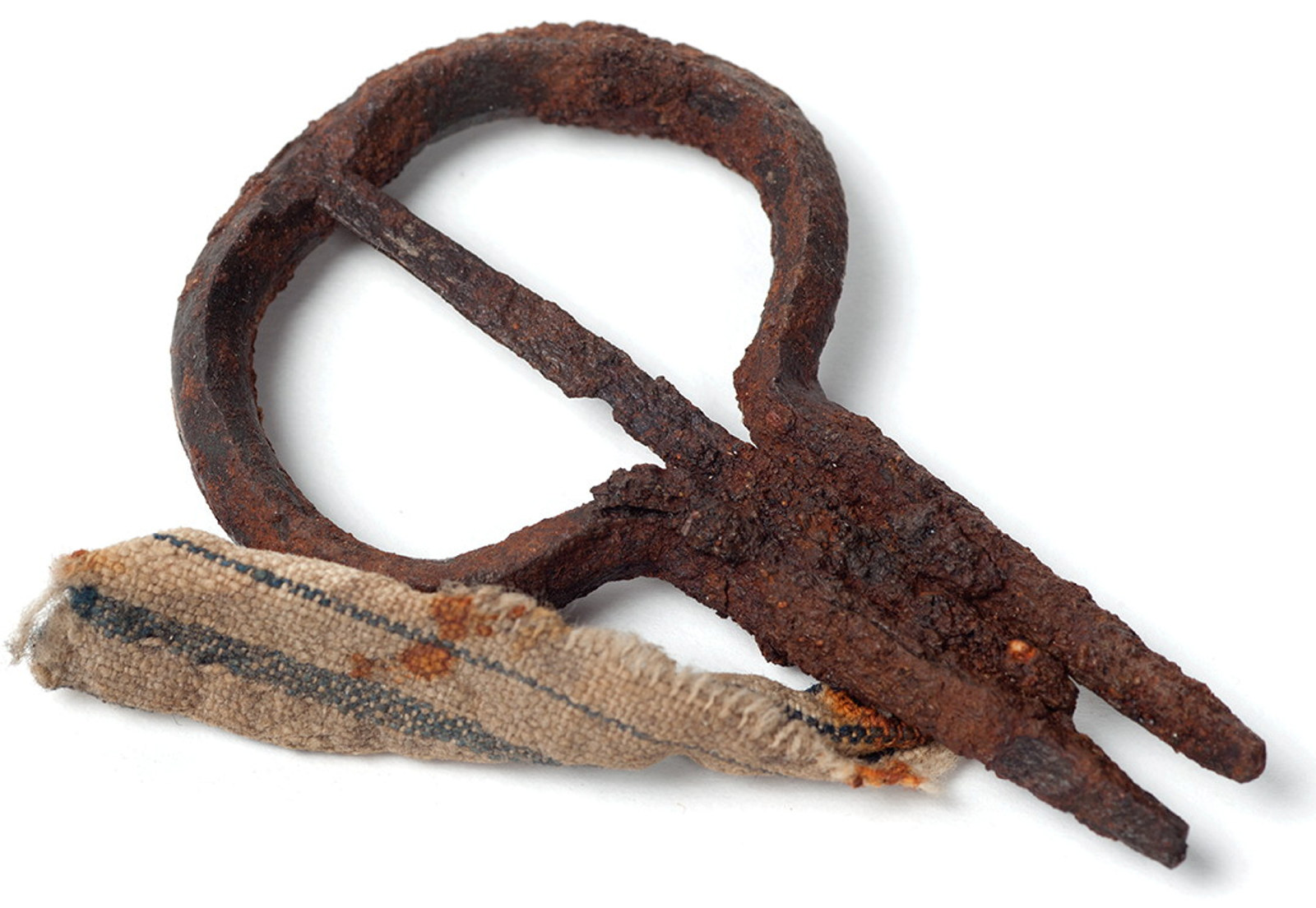
Convict Sydney
Jaw harp
This iron jaw harp was found by archaeologists at Hyde Park Barracks alongside other convict-era objects
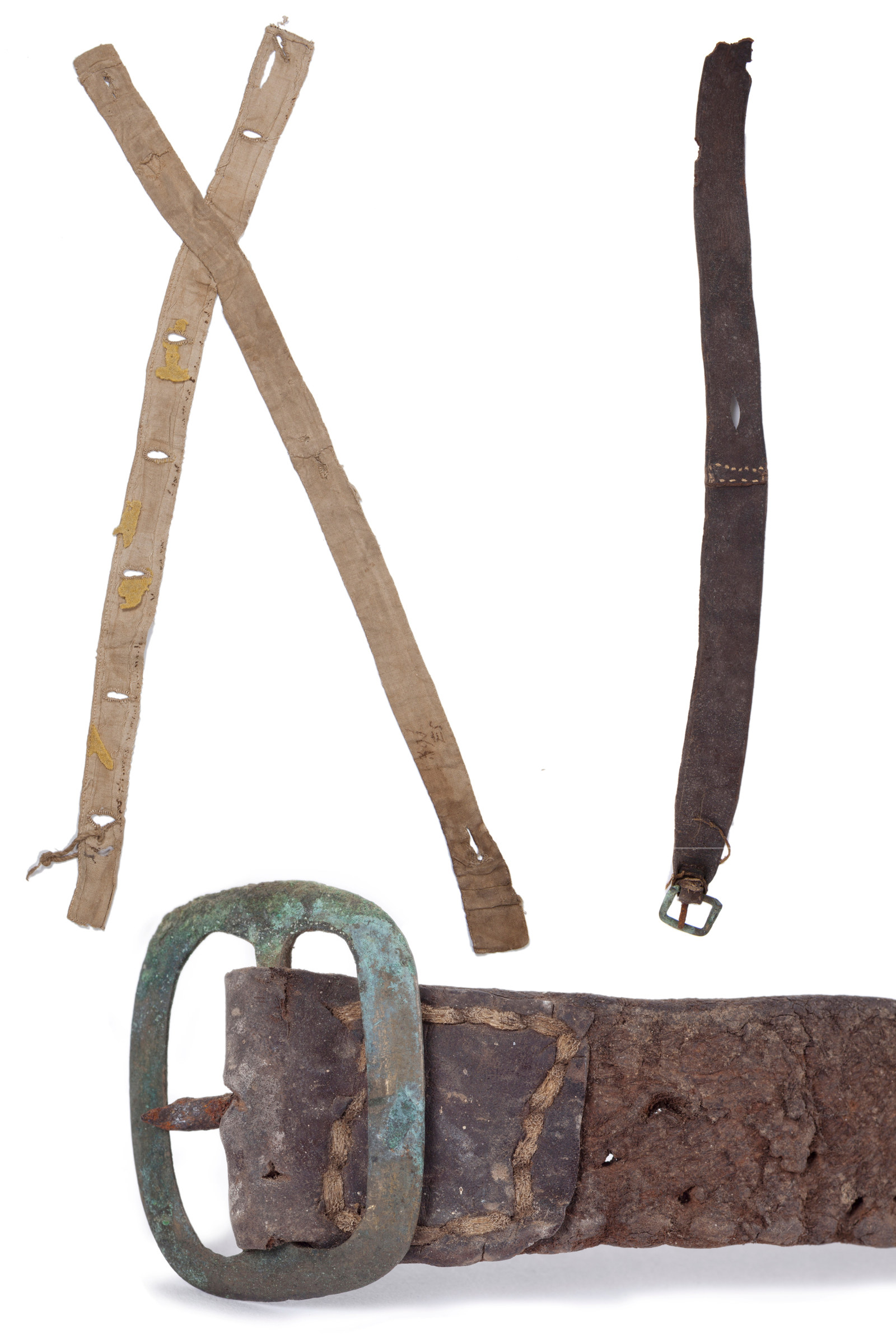
Convict Sydney
Convict braces and belts
Convict ‘slop’ clothing was one-size-fits-all, so some convicts had to improvise ways to keep up their baggy trousers
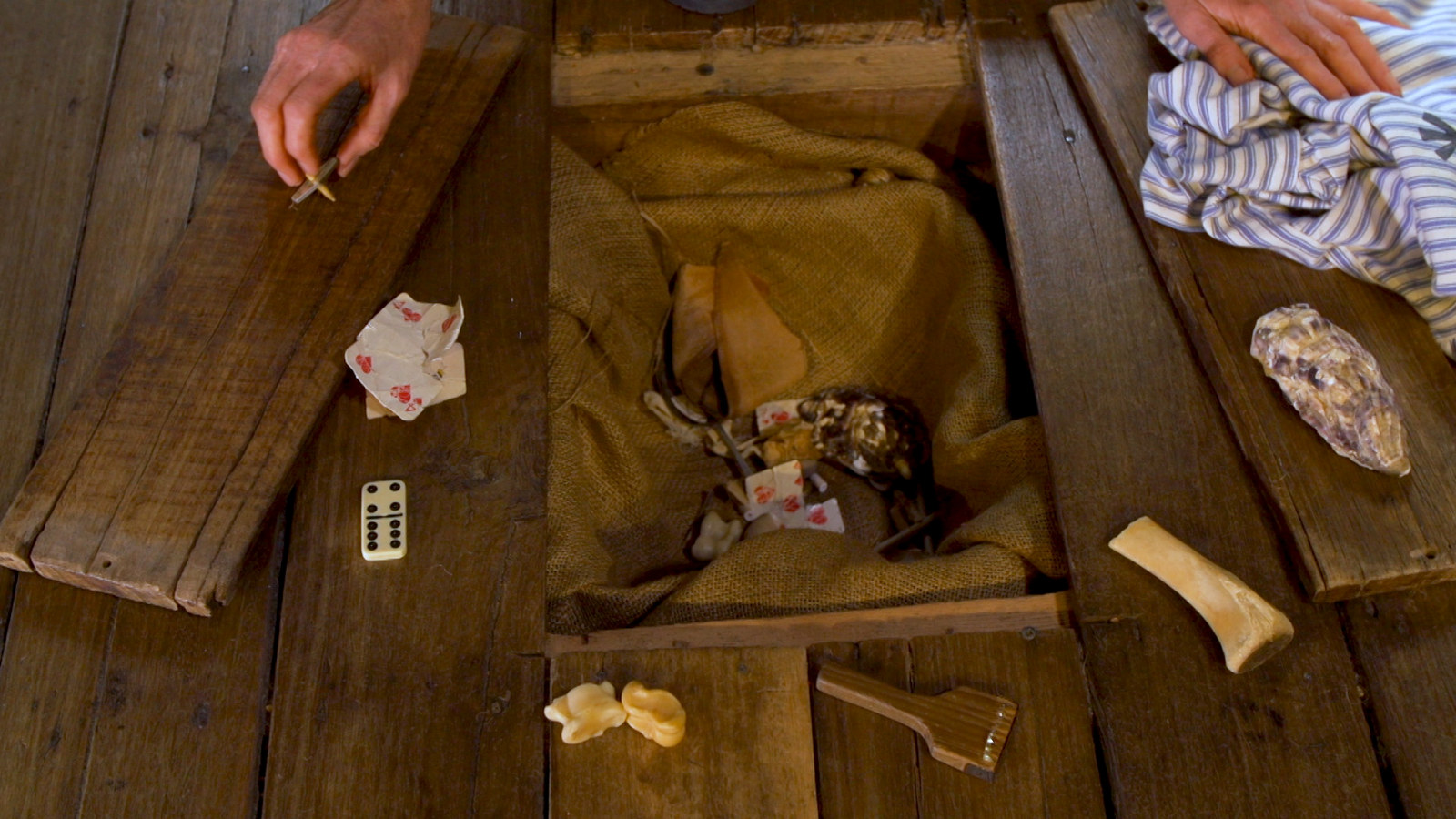
Resource
What does archaeology tell us?
Who were the secret archaeologists living at the Hyde Park Barracks?
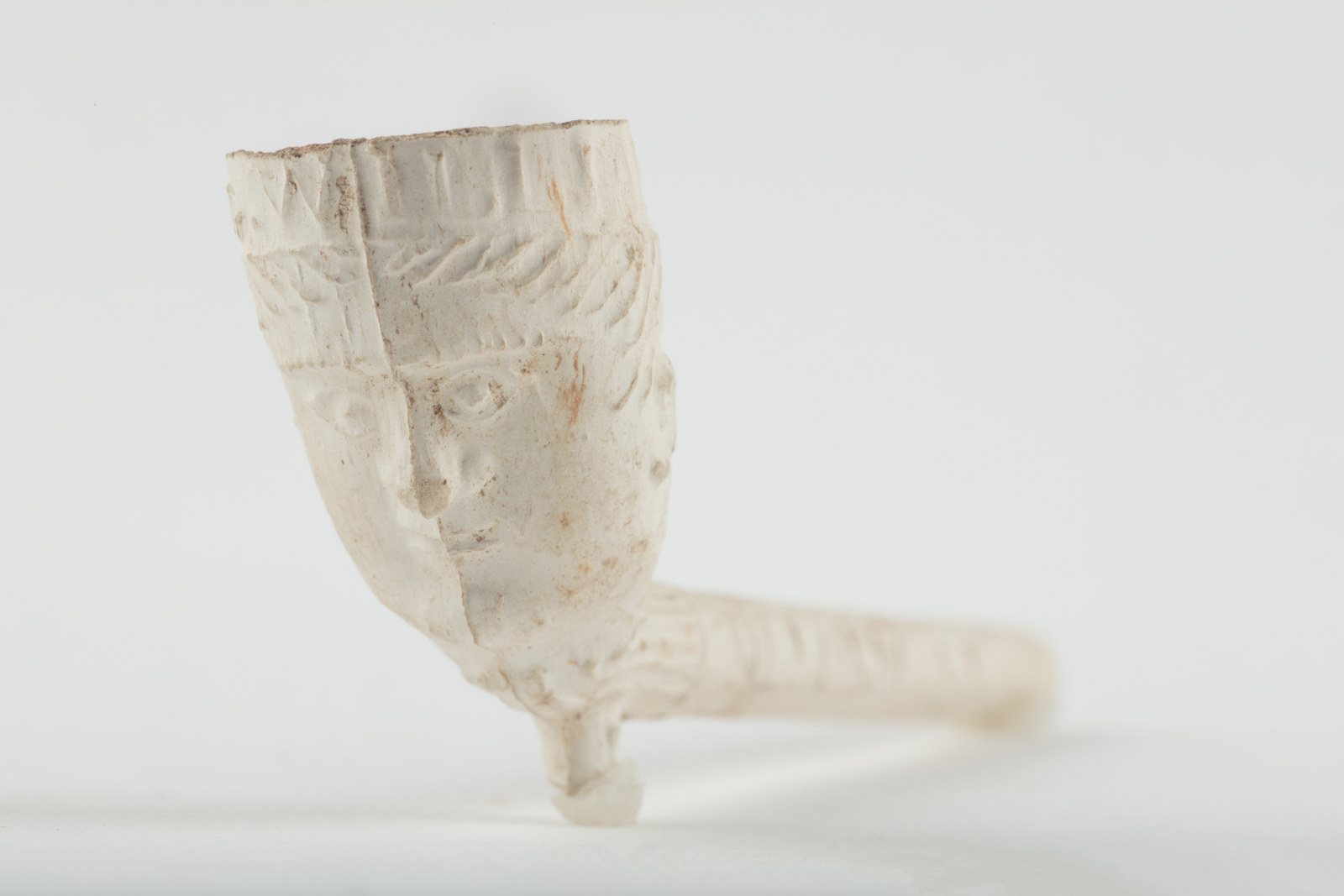
Up in smoke: clay tobacco pipes
From the earliest days of the colony, Sydney-siders smoked them, broke them, and discarded them into drains, rubbish piles, work sites and hidden cracks and crevices of buildings